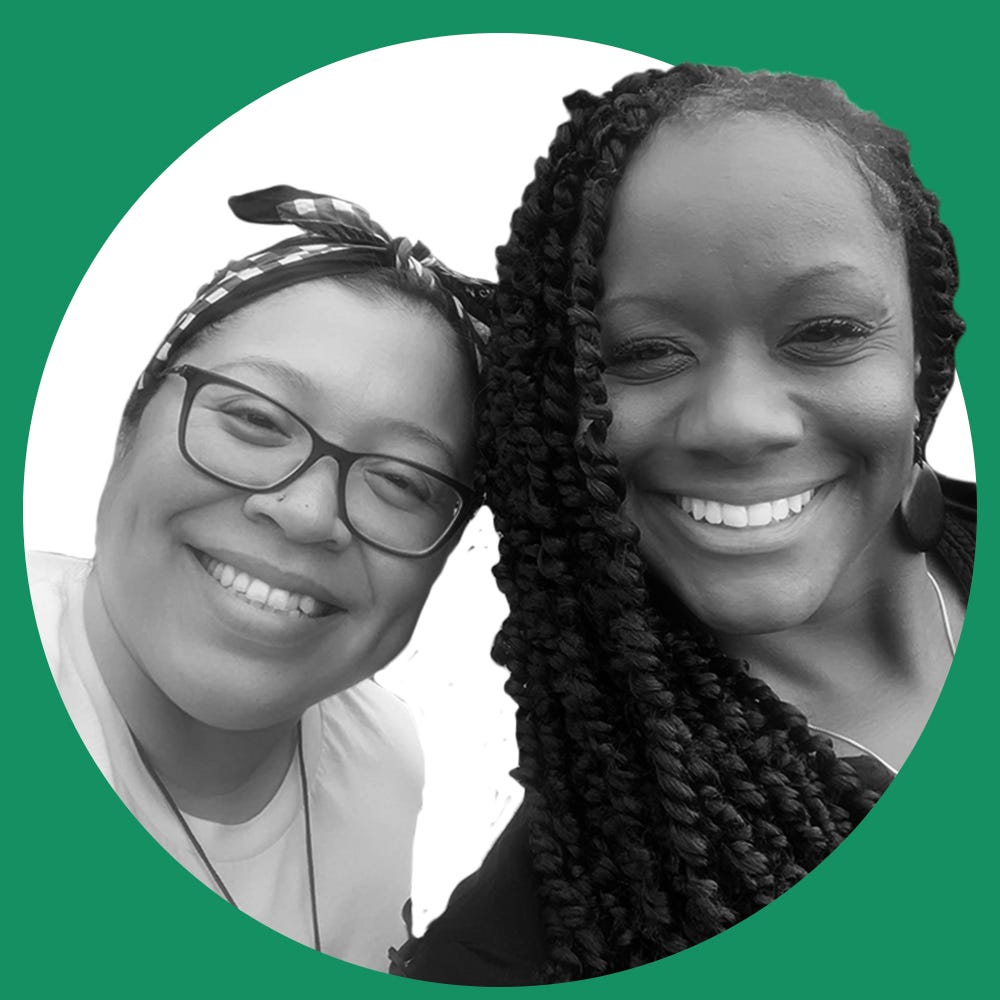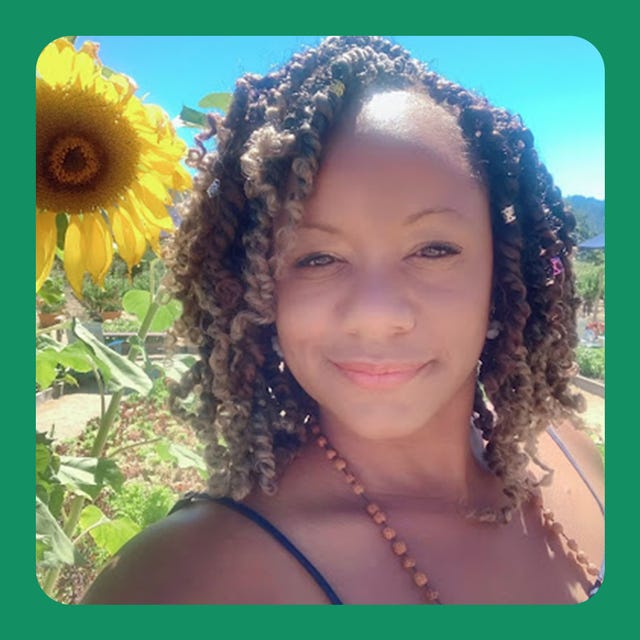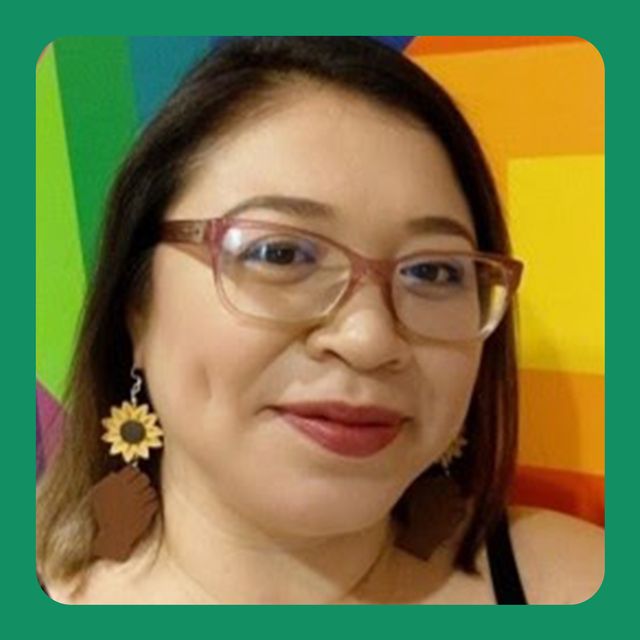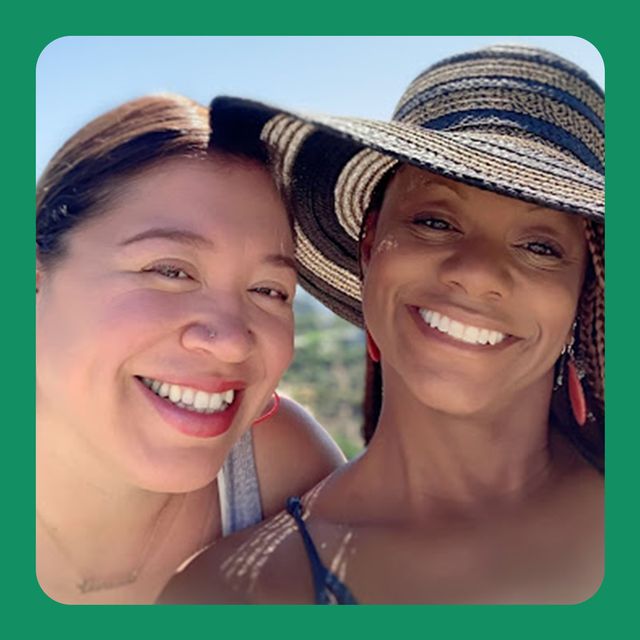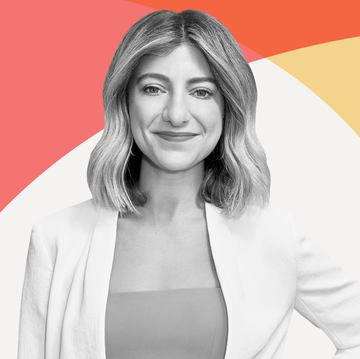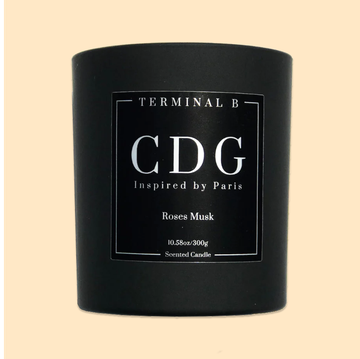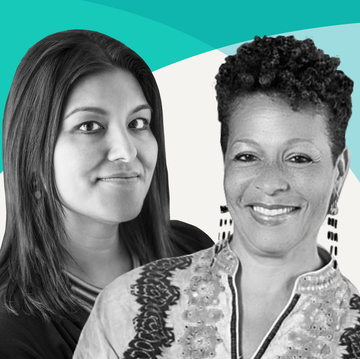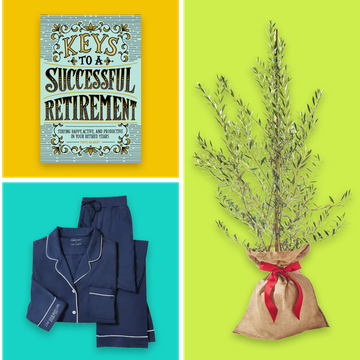This article is part of a Prudential-supported series on mentorship, reflecting the values Prudential is known for: providing rock-solid guidance and helping others reach their goals.
Long before Jenny Hicks, 39, and Vanessa Hernandez, 38, co-created their consulting firm, JVH Empower, to “bring heart-centered solutions to ending racism and hate in all its forms,” the two crossed paths in their social activism work. At first, Hernandez viewed Hicks, who was more established in the field, as a mentor of sorts. It wasn’t until a conversation turned personal that both realized the mutual takeaways of their deepening connection. The story of what they call their “nurtureship” reveals the multifaceted benefits of mentoring—and the growth that can happen when we dare ourselves to be vulnerable.
Jenny says:
Vanessa and I met a little over 10 years ago, when I led a social activist initiative called HousED. We noticed a growing trend that children living in public and affordable housing were experiencing inequitable access to out-of-school-time resources like after-school and summer services. HousED united housing agencies from all over the U.S. and supported them in offering youth services as a fundamental step toward creating equitable educational outcomes. Vanessa was a resident services coordinator at one of the largest Bay Area housing agencies. Over time I became her mentor, and she expanded her housing organization’s youth service offerings from three after-school programs to 36.
Vanessa says:
Jenny was recommended to me as someone who was leading initiatives for high-quality youth programs and housing. I was really vibing with that. She invited me to an event, and that’s where I first saw this woman of color commanding a space in a very loving and gentle way. It aligned with how I like to show up in the world—my philosophy and pedagogy around leadership.
Everything she was saying was music to my ears. I joined her cohort, and she gave me individual coaching. I saw how much conscious intention she put into everything, from the way she structured the agenda to the ambience of the room to the words she chooses.
I saw this woman of color commanding a space in a very loving and gentle way. It aligned with how I like to show up in the world.
Jenny: I was at the peak of my career, running a national initiative that thousands of people were implementing, when I just broke down. All of a sudden I was in a dark place and couldn’t understand where this deep emptiness was coming from. I remember being in the hospital and just feeling...like, how did I end up here?
Eventually I got out of the hospital and back to traveling. I was at a conference in Philly when someone tapped my back. It was Vanessa. I was so exhausted; I must have aged eight to 10 years since the last time I had seen her. She told me to just relax. Breathe. Over dinner, I told her how I’d been feeling. That’s when she told me about the trauma she had experienced as a child. We had very similar stories. What shifted was her seeing me in pain, because I was someone she had looked up to. That’s when my mentee became my mentor.
Vanessa: Jenny taught me what it was like to show up authentically, and to lead lovingly and gently. Accountability to self is where I have a lot of experience. I understood that inward journey, so I could show her how to awaken that power and activate her inner healer.
Jenny taught me what it was like to show up authentically, and to lead lovingly and gently. Accountability to self is where I have a lot of experience, so I could show her how to awaken that power.
Jenny: With Vanessa’s expertise in trauma-healing, mental health, and wellness, and mine in community development, brokering partnerships, and resources, we left our respective agencies and started a business. At JVH Empower, we co-create empowered communities where all are seen and heard and belong—particularly those in the BIPOC community. We hold space for these leaders and help them shed their pain.
Vanessa: Jenny is a Black woman. I’m a Mexican woman. If you look at our historical and intergenerational trauma...we’ve evolved that into a partnership, of exploring what inner healing work really needs to look like so we can embody that sisterhood. I want to be here to reflect her healing back to her, to cheer her on, and hold her accountable. We call it a nurtureship.
Jenny: Being a leader can feel very lonely—like you need to know all the answers and be everything to everyone else. What I’ve learned is that it’s okay to humbly ask for help, to admit when I am feeling hurt or lost, and to let others support me. You know the saying about putting on your own oxygen mask before helping others? People who do service work adapt this self-sacrificing mindset like, “I’m going to run around the plane and see how many people I can put a mask on before I pass out.” Together we learned that if we are going to be role models to others, we have to take care of ourselves first.
Interviews have been edited and condensed for clarity.

